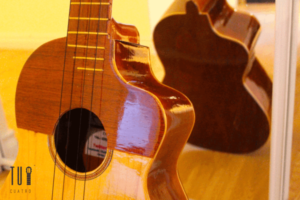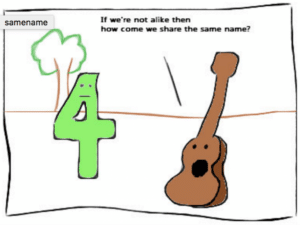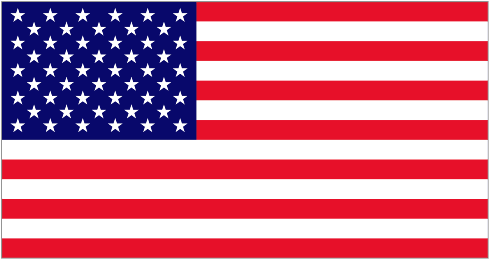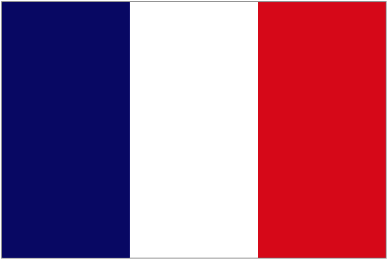The Venezuelan Cuatro is one of the beloved Stringed Musical Instruments. It has captured the hearts of music enthusiasts across the world. While it holds a special place in Latin American music, the Cuatro also shares deep roots with several related stringed instruments that have evolved across regions and cultures.
In this article, we’ll explore the musical relatives of the Cuatro. instruments such as the Ukulele, Banjo, Mandolin, and Charango, to understand their origins, similarities, and differences.
Ukulele: A Hawaiian Interpretation
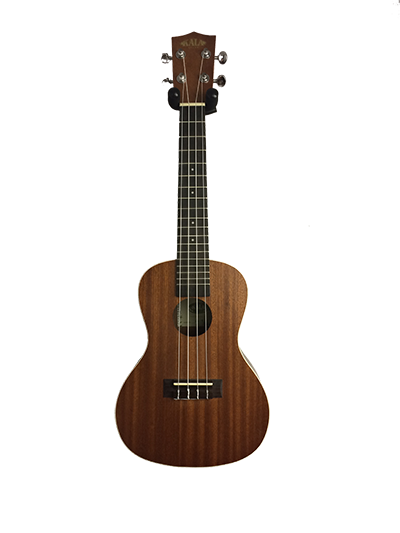
The Ukulele originated in Hawaii in the 19th century as a reinterpretation of the Portuguese machete. It is a small, guitar-like instrument related to the cavaquinho, braguinha, and rajão. Brought to the islands by Portuguese immigrants, it became a symbol of Hawaiian music and a popular instrument worldwide.
Like the Cuatro, the Ukulele has four strings and a bright, cheerful tone, making it beginner-friendly and perfect for acoustic or pop arrangements. Its compact design and joyful sound make it one of the closest modern relatives to the Cuatro.
Banjo: An Instrument Adapted by Africans in America
The Banjo is another fascinating relative of the Cuatro. Originating from instruments brought by Africans to the Americas, the Banjo features a thin membrane stretched over a circular frame, acting as a resonator. Early versions were built from gourds and animal skin, later evolving into wooden and metal-bodied instruments.
Today, you’ll find Banjos in various tunings such as open G or drop C. These are used not only in traditional folk but also in bluegrass, jazz, and fusion music. Its rhythmic twang and resonant tone make it a vibrant part of the stringed instrument family.
Mandolin: A Beloved Member of Lute Family
The Mandolin belongs to the lute family and is known for its unique pear-shaped body and sparkling tone. Typically featuring four courses of double strings tuned in perfect fifths. It’s played with a plectrum and widely used in classical, bluegrass, and folk music.
Compared to the Cuatro, the Mandolin offers a brighter, more percussive sound and a slightly higher pitch, adding texture and melody to ensembles. Its construction and tuning highlight the diversity of string instruments across continents.
Charango: A Traditional Andean Instrument
The Charango is a small Andean lute that originated in Bolivia. Traditionally made with the shell of an armadillo (though now mostly crafted from wood), it measures about 66 cm long and has ten strings in five paired courses.
Played in traditional Andean music, the Charango produces a bright, resonant tone that has inspired countless Latin American artists. Much like the Cuatro, it symbolizes a blend of indigenous and colonial musical traditions, making it a cultural bridge through music.
Origins of String Instruments & History of the Cuatro
While the Cuatro hails from Venezuela, its design and sound echo a long lineage of stringed instruments that span Europe, Africa, and the Americas. Each of its relatives — from the Ukulele’s island charm to the Banjo’s soulful tone — contributes to a global tapestry of plucked-string instruments.
If you already play the Ukulele, why not try the Venezuelan Cuatro? Their similar tuning and size make it easy to transfer your skills. Visit the TuCuatro learning platform to explore lessons, courses, and personalized coaching to expand your musical journey.
Explore More on TuCuatro
- How to Know if a Cuatro Is a Good Instrument
- The Venezuelan Cuatro Resonates in Spain: C4 Trío and Jorge Glem on Stage
- 5 Lesser-Known Latin American Instruments and How to Start Playing Them
Join our newsletter to learn more about Latin American instruments, get tutorials, and explore how to play songs on the Cuatro and its relatives.



